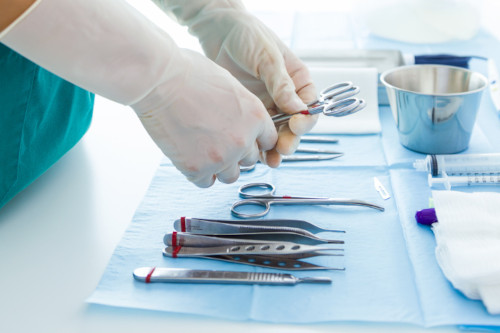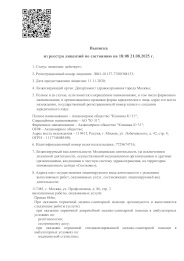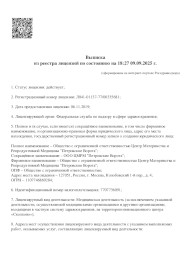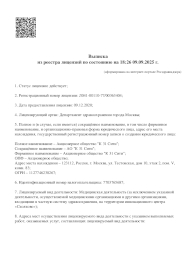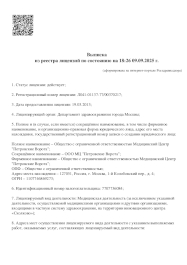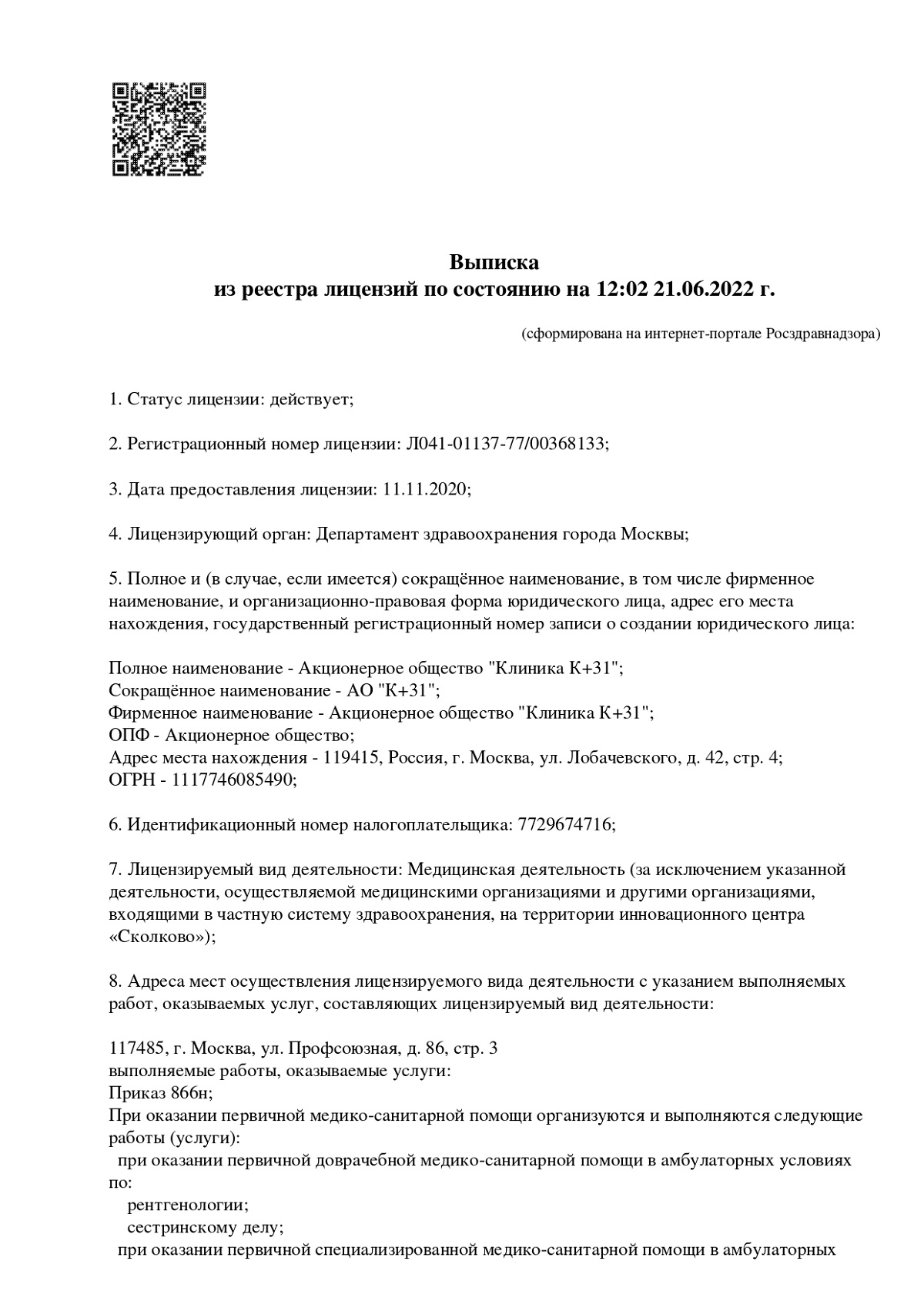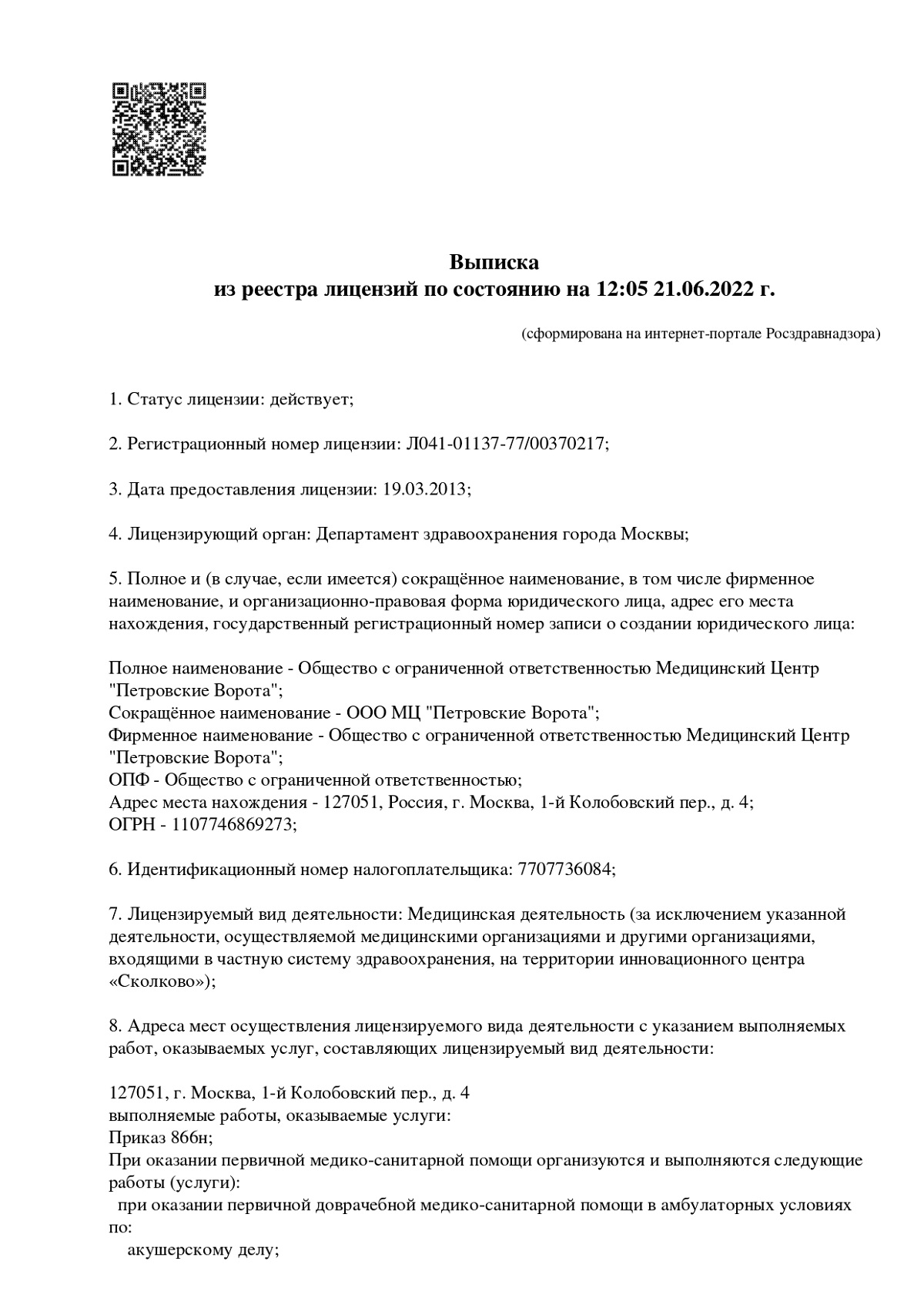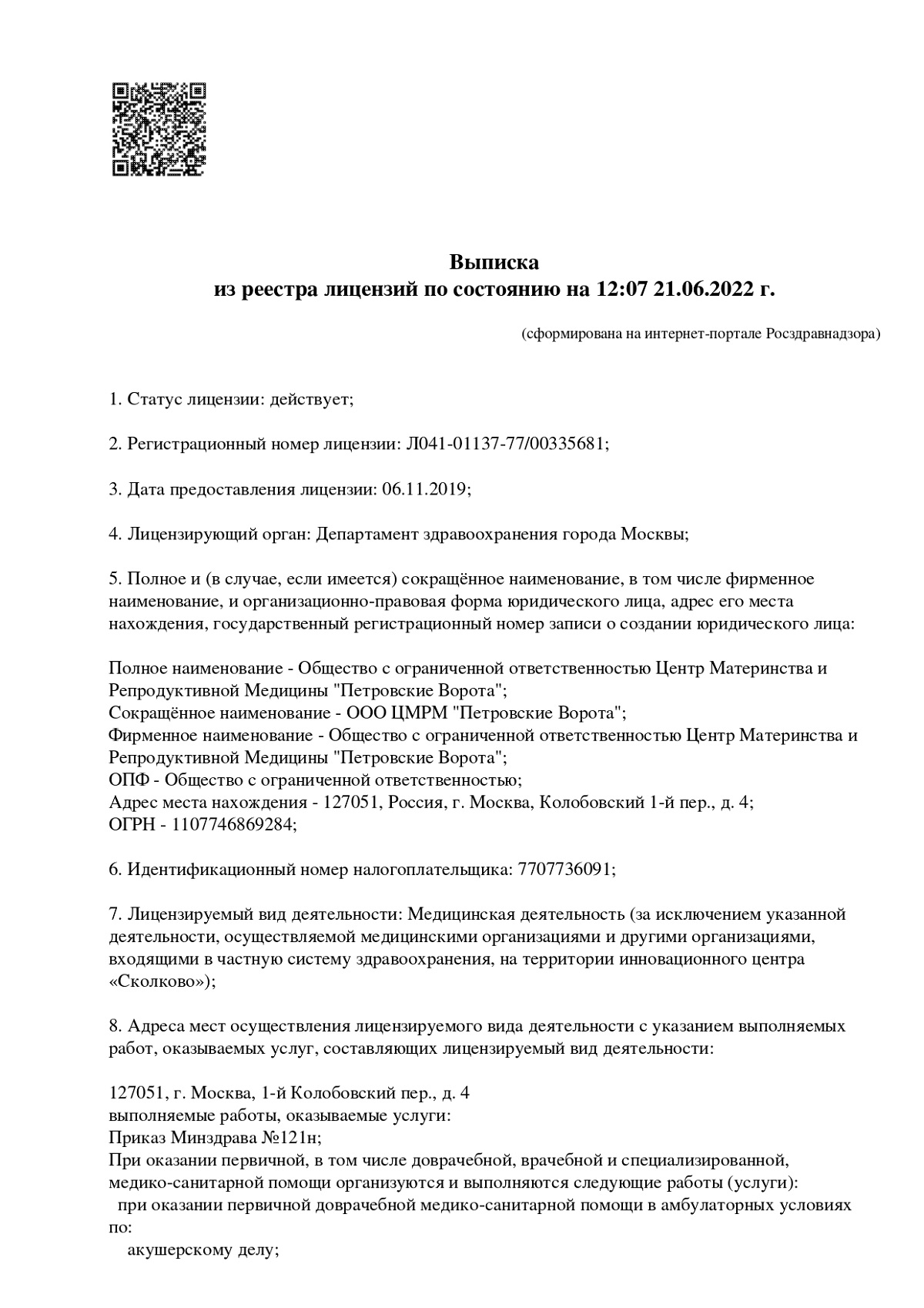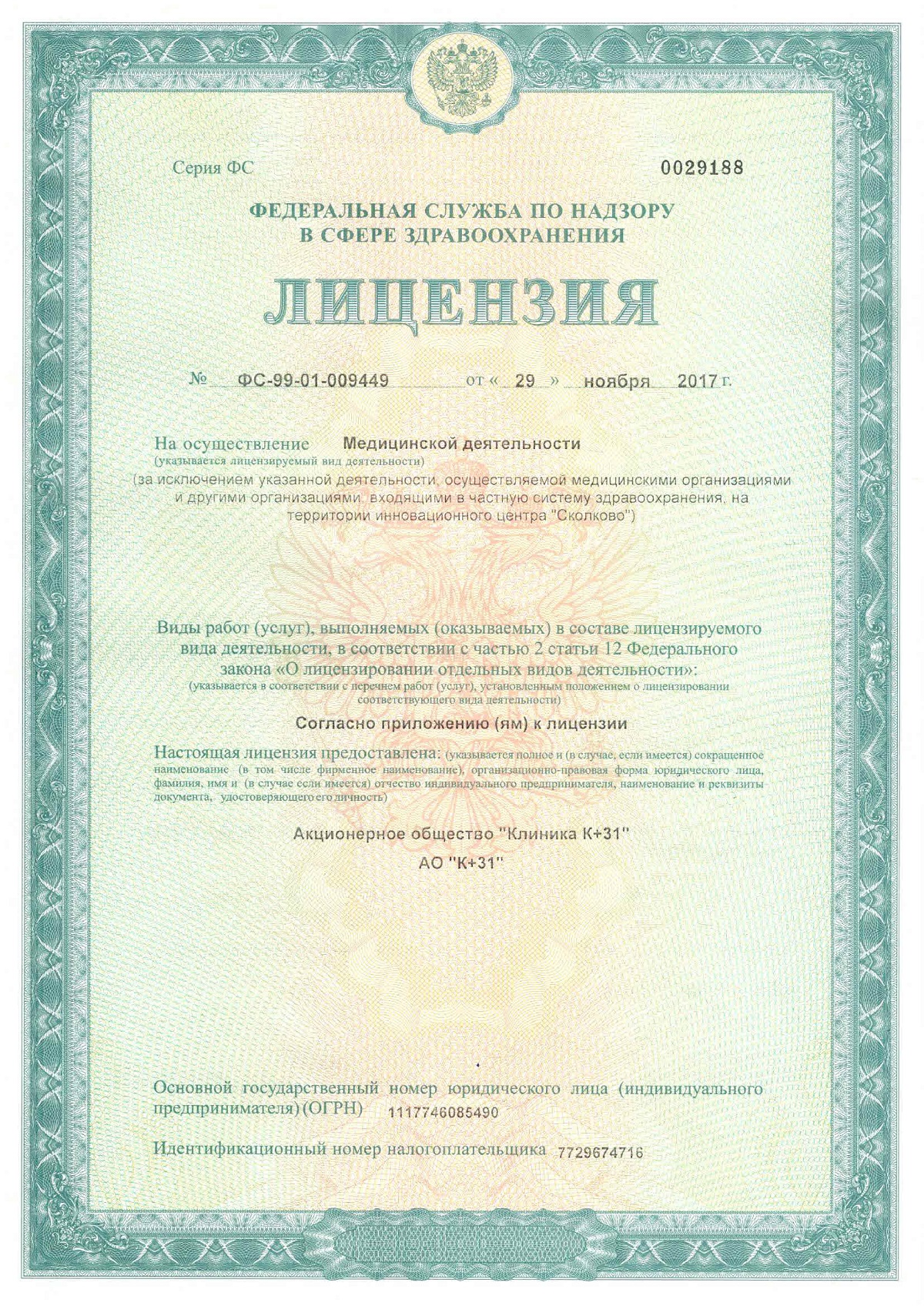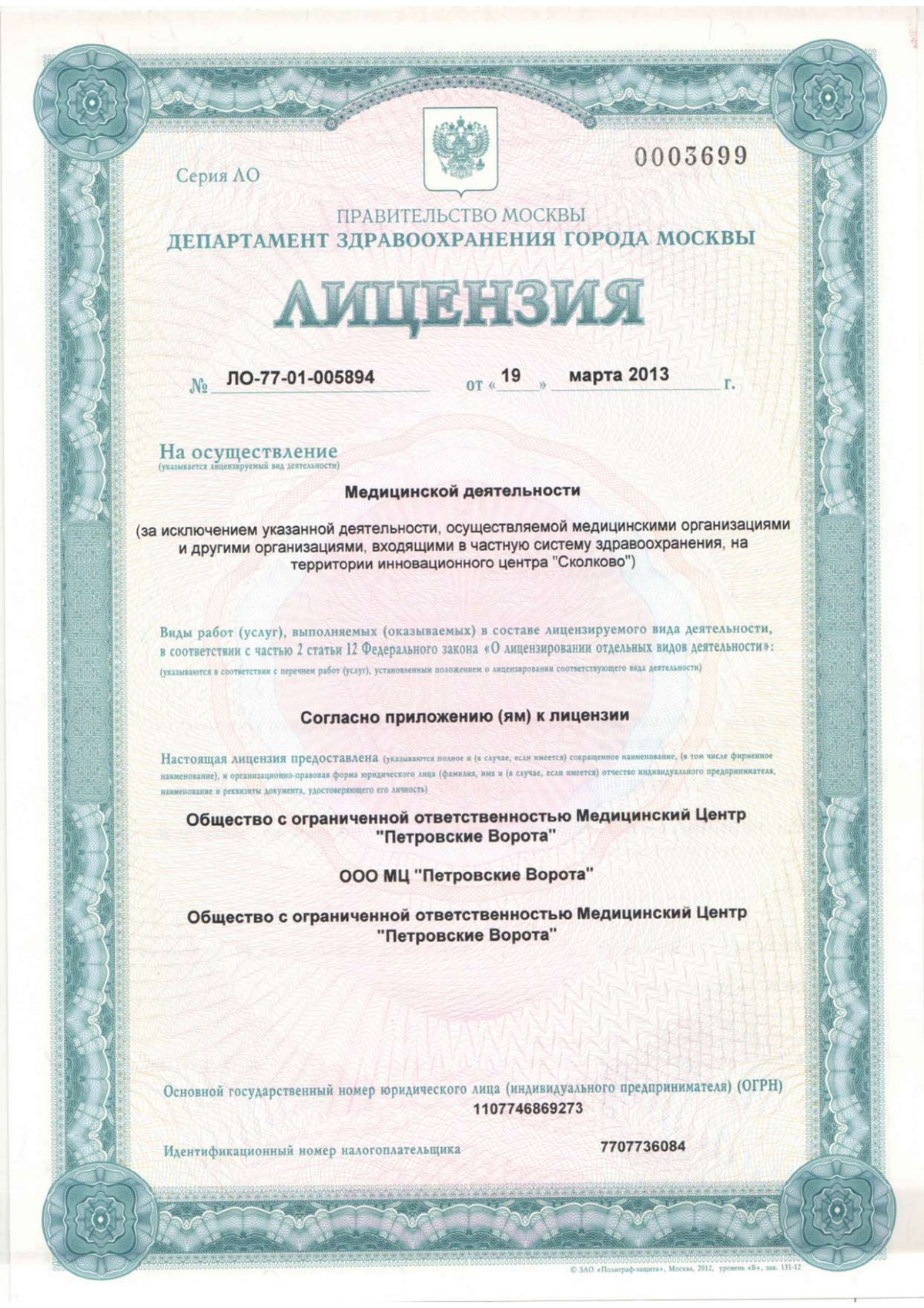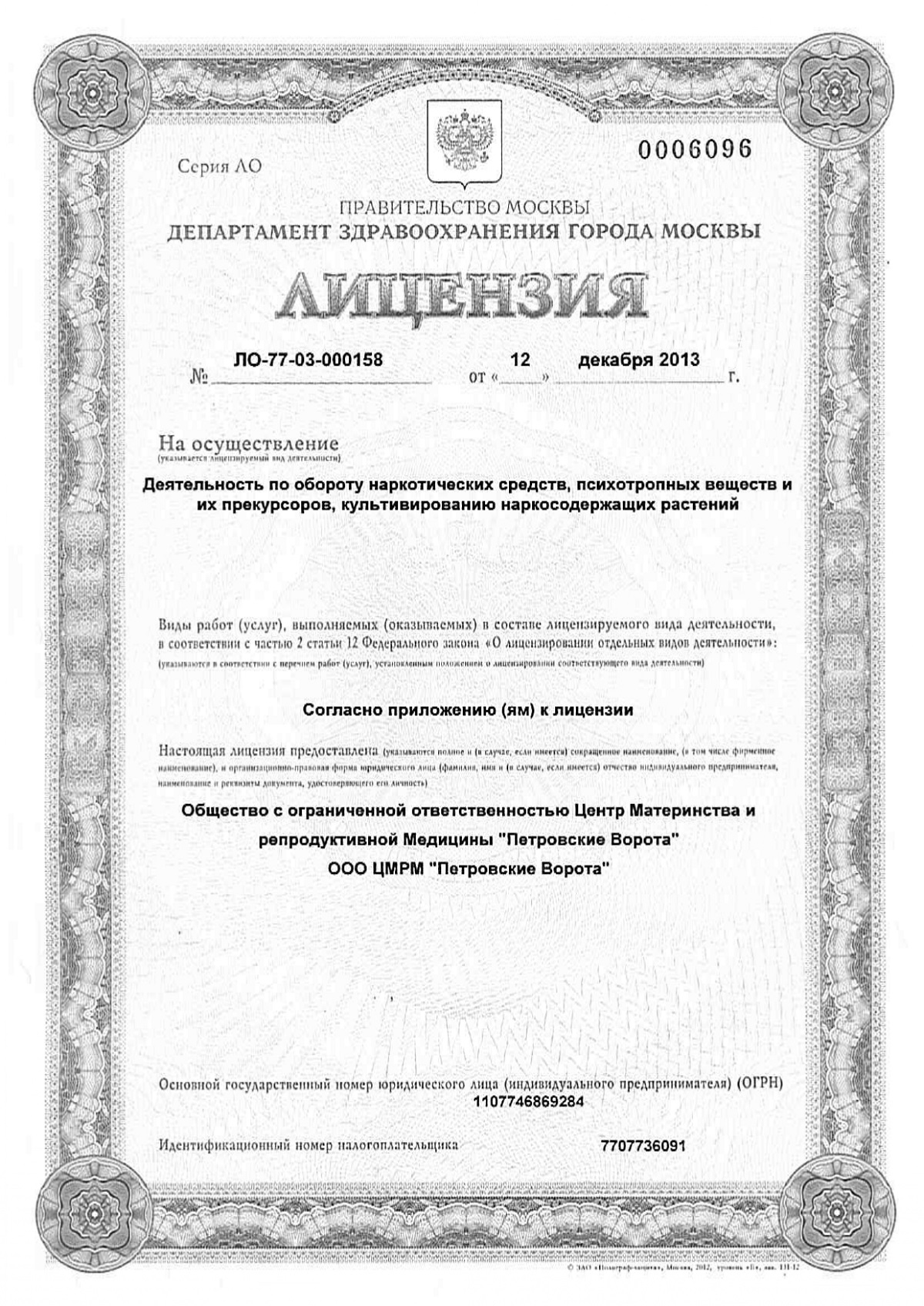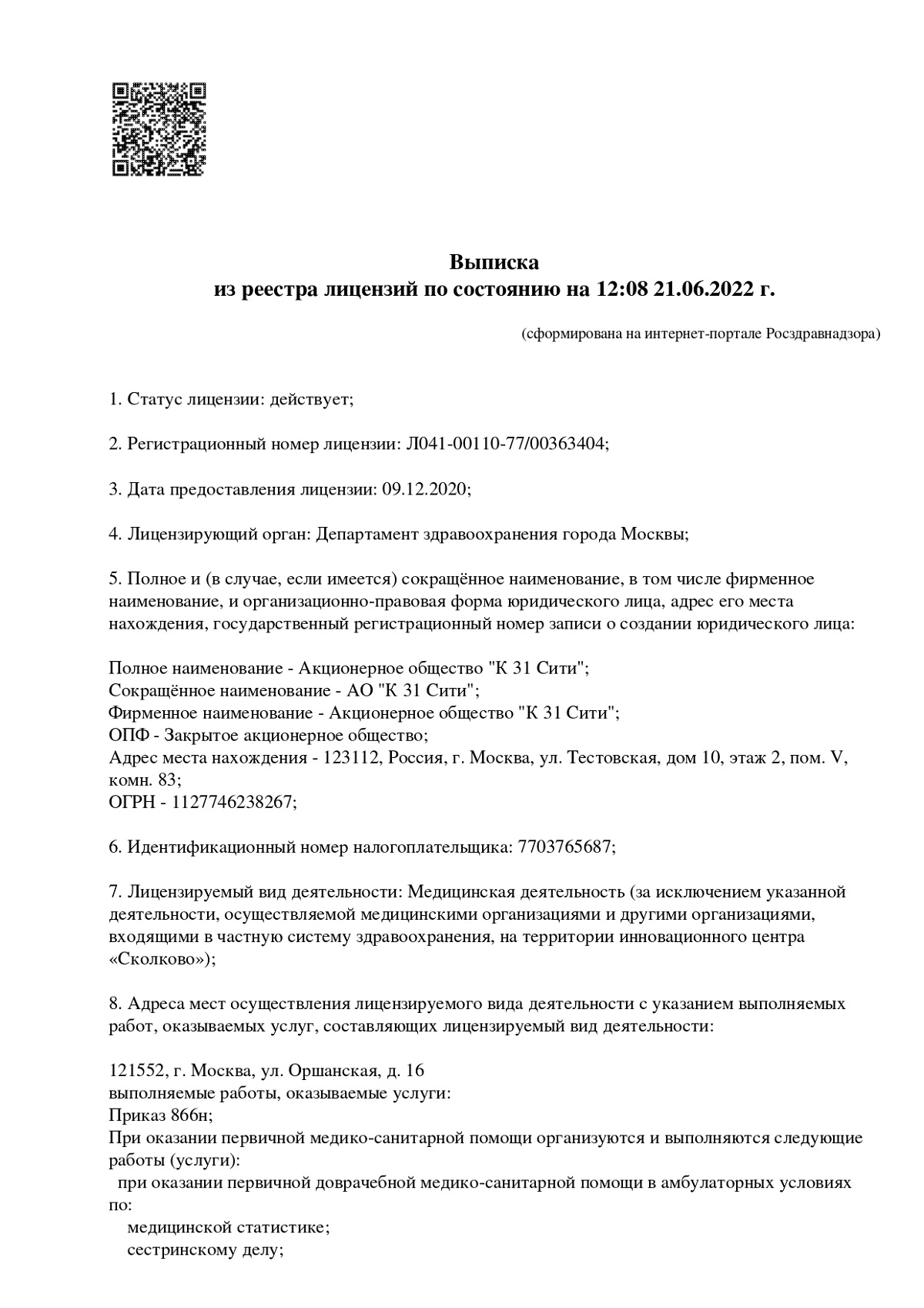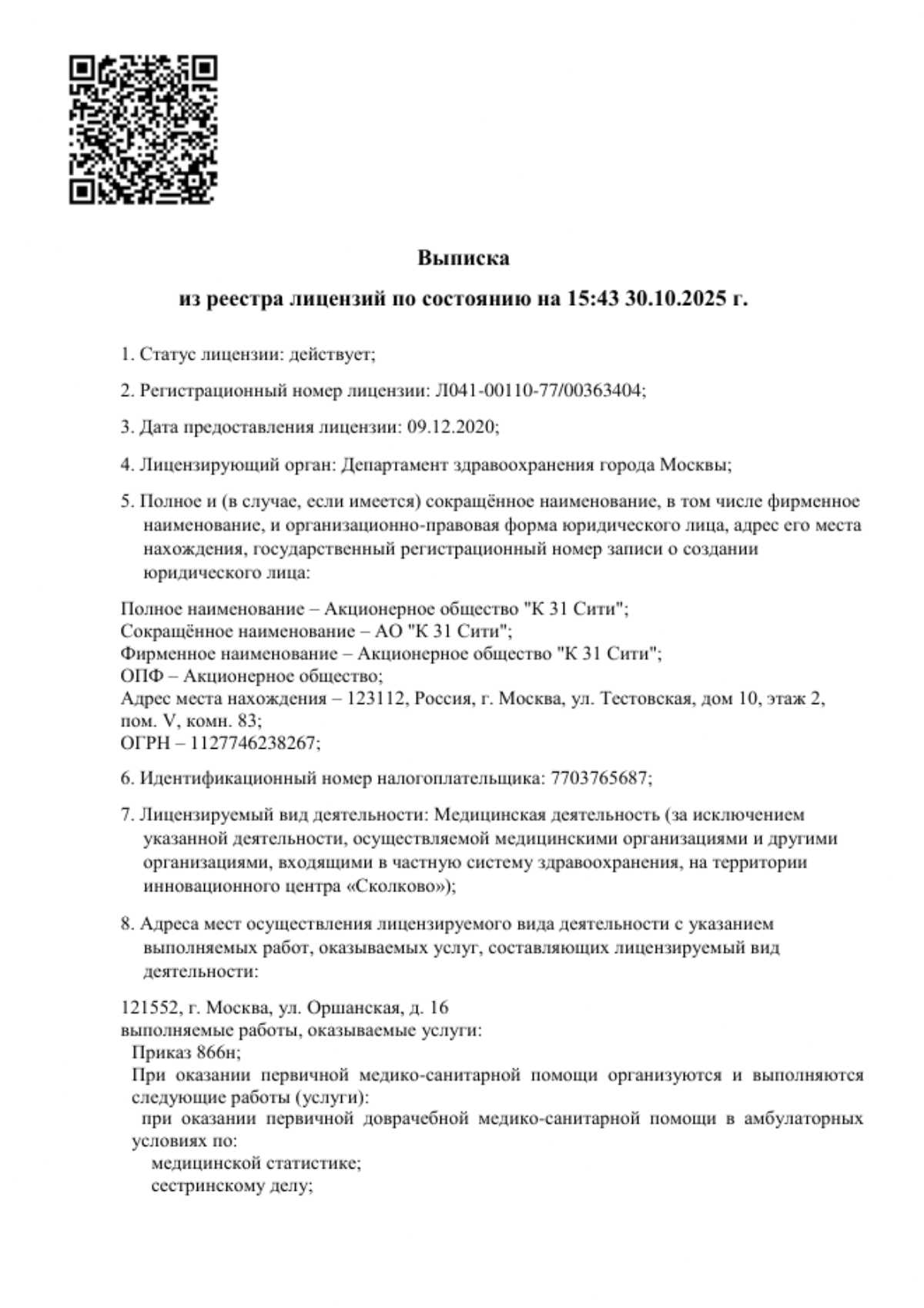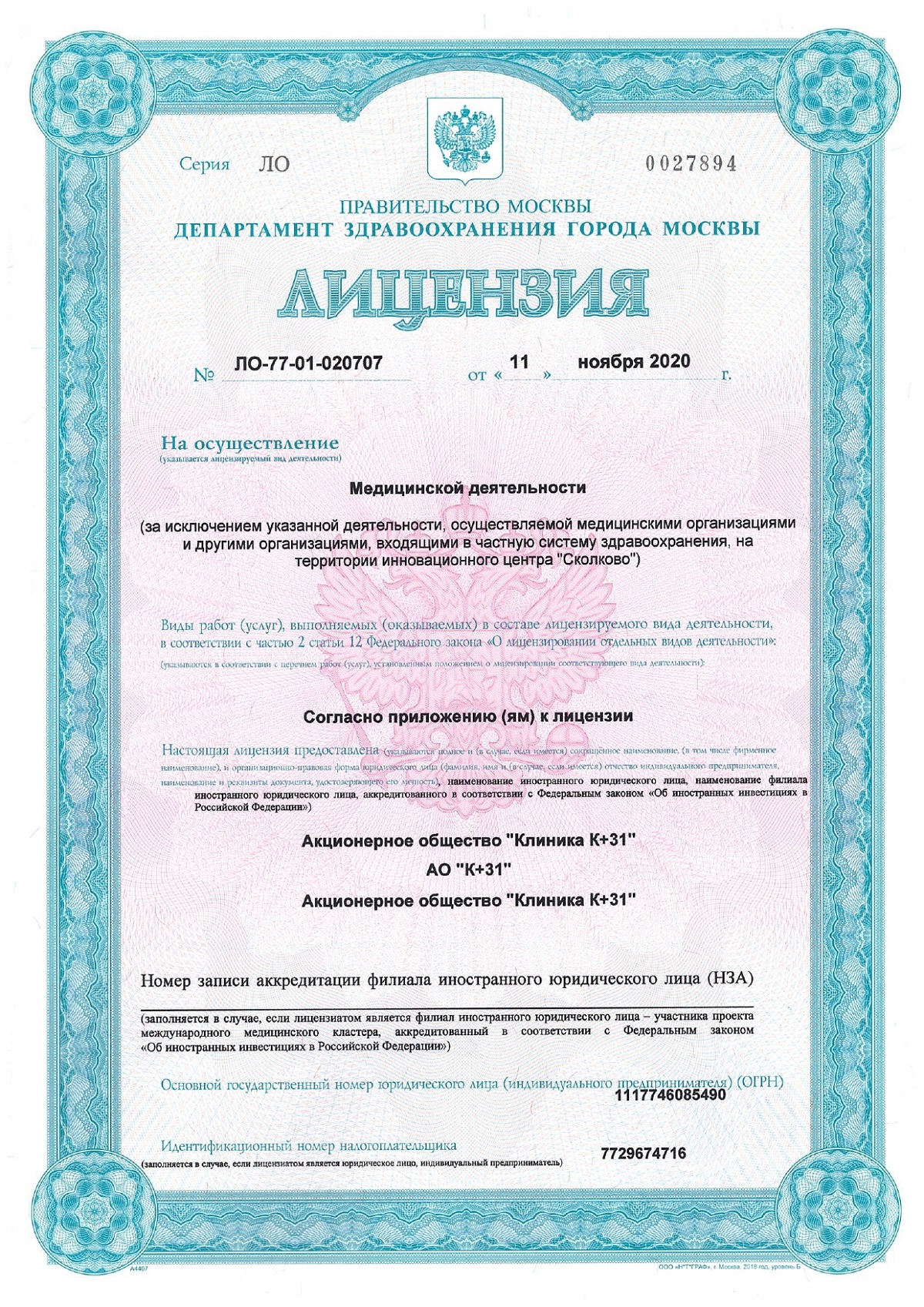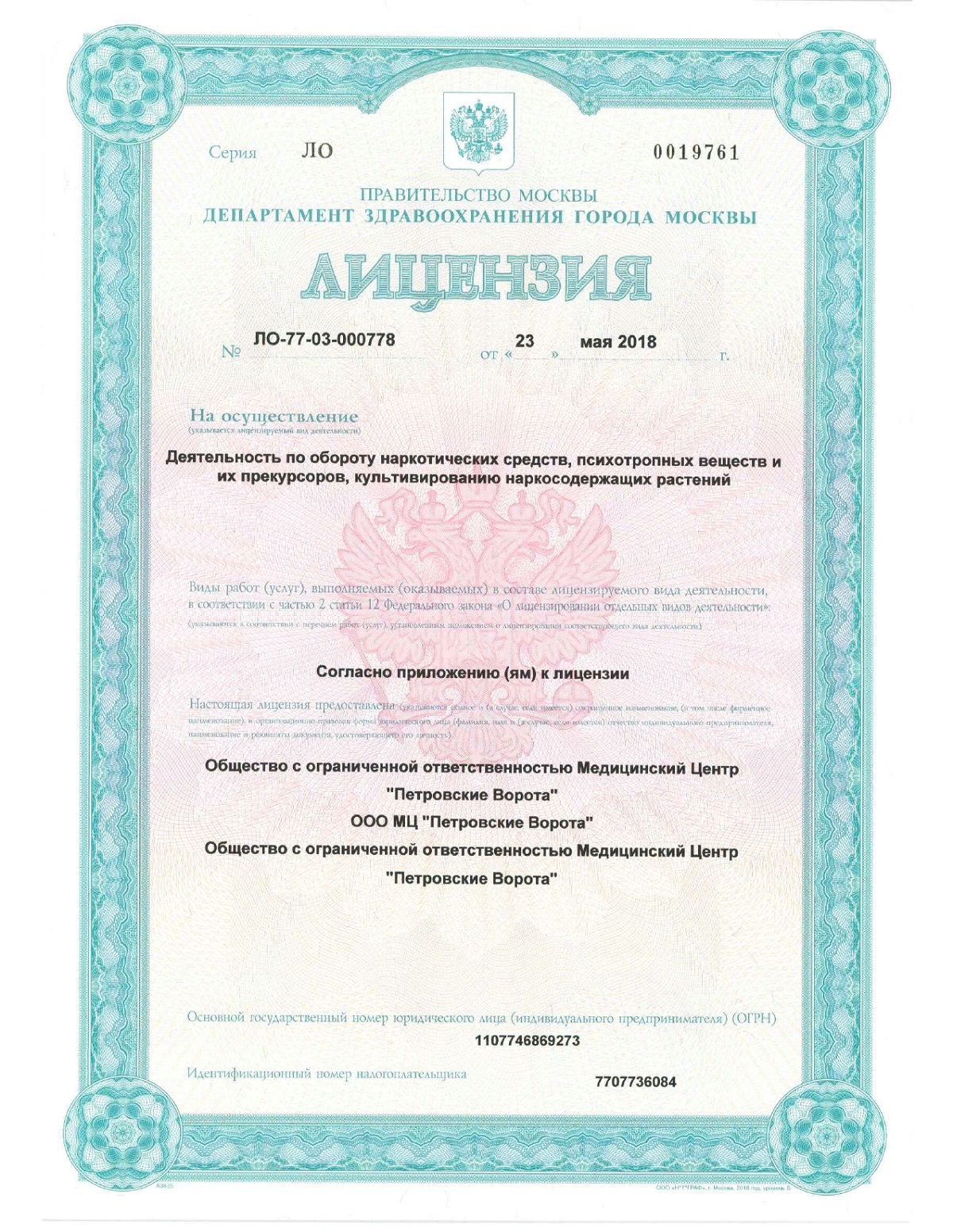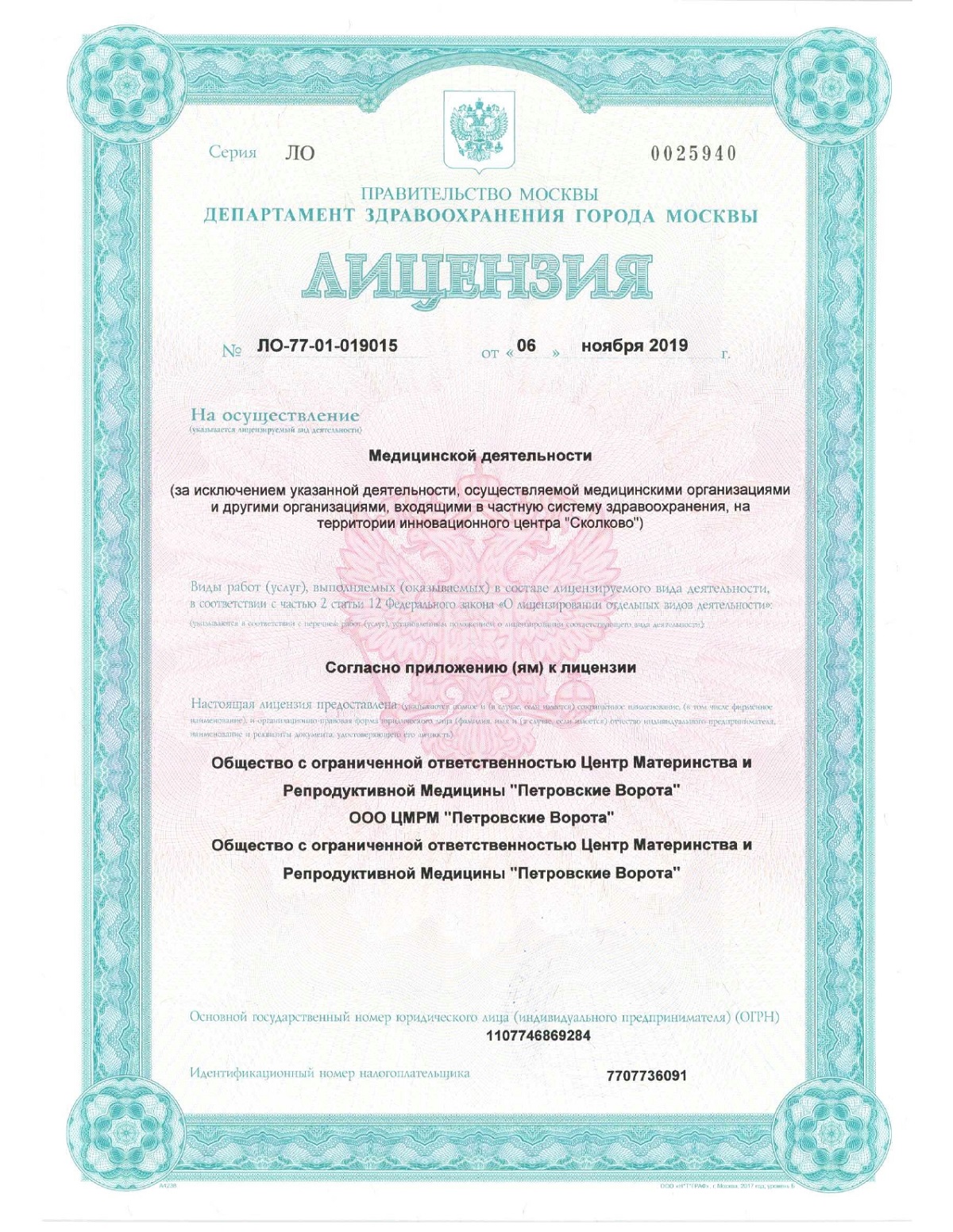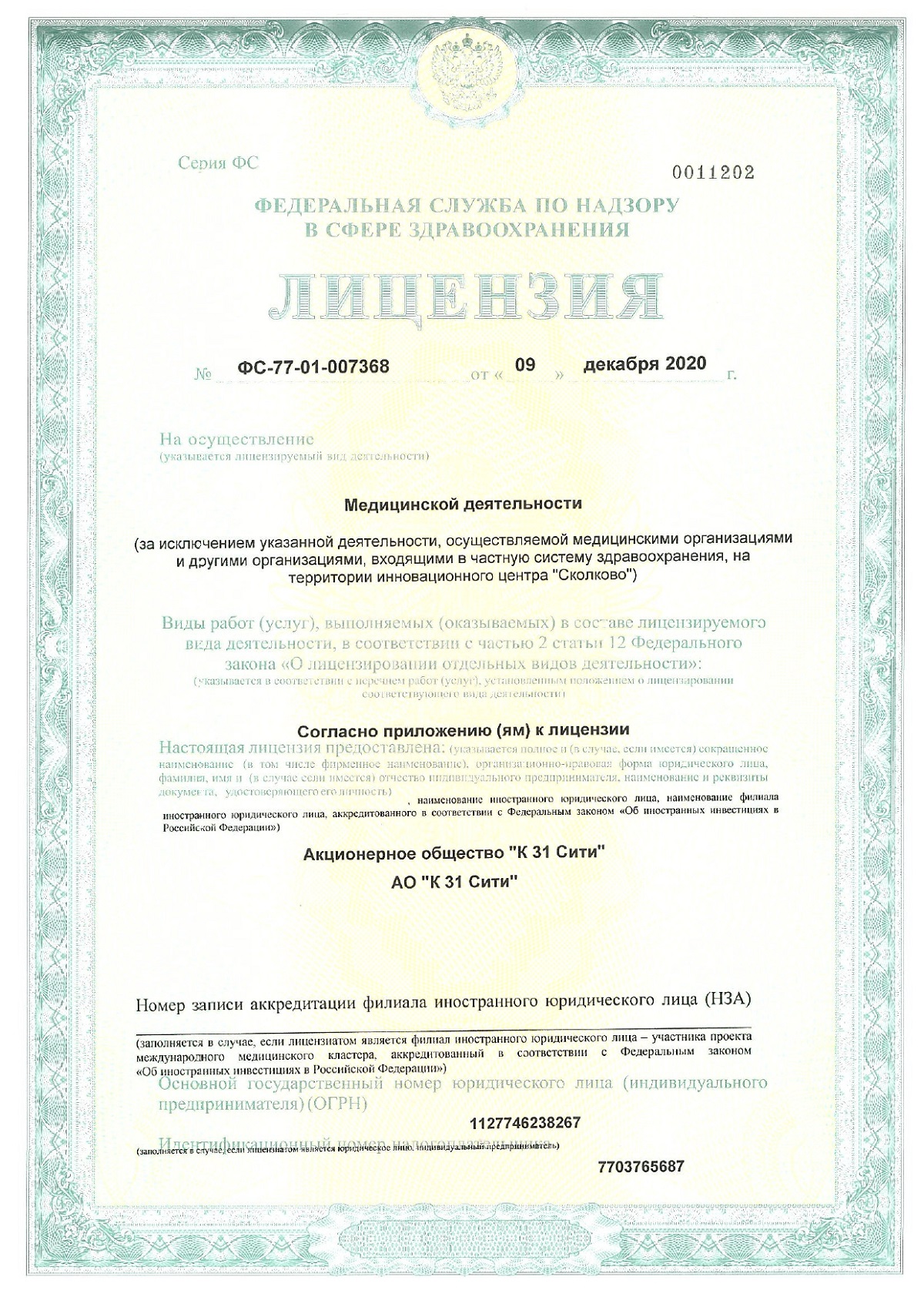Urolithiasis
Urolithiasis is a condition characterized by the formation of stones in the urinary system. Urolithiasis can lead to the formation of fine-grained or powdery sand, as well as large stones in the kidneys, bladder, and other parts of the urinary system. The disease most often affects patients aged 22 to 50 years. According to statistics, urolithiasis accounts for approximately 30% of hospitalizations in the urology department. Without proper treatment, urolithiasis causes chronic pyelitis and pyelonephritis.

specialists

equipment

treatment

Causes of urolithiasis
The formation of sand or stones in the urinary system is directly related to metabolic disorders. A genetic predisposition to the disease also plays a role.
Kidney or bladder stones can form due to poor diet or drinking water with a specific chemical composition, which is high in salts. A sedentary lifestyle, sedentary work, and a deficiency of vitamins A and B contribute to the development of urolithiasis. Stones often form as a secondary complication of gastrointestinal diseases.
Secondary stones are also important. They form when urine flow is obstructed. Salt crystals within the urine precipitate and harden due to their high concentration.
Types of stones by composition:
- Urates
- Oxalates
- Phosphates
- Struvite
Symptoms of urolithiasis
A classic symptom of urolithiasis is renal colic. It occurs when urine flow is obstructed. Pain may depend on the location, type, and size of the stone. Most often, the pain radiates to the lower back, although it can also be felt in the groin or genital area. Before pain develops, urolithiasis usually presents with no specific symptoms.
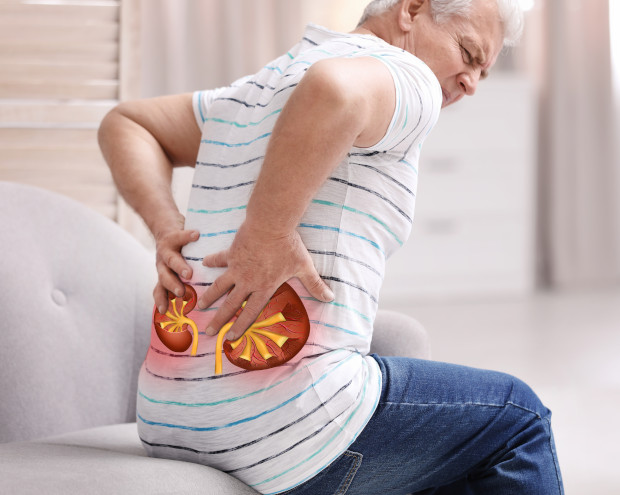
In addition to severe pain, the patient exhibits signs of intoxication:
- Nausea and vomiting
- Frequent urination
- Blood in the urine
- Pain during urination
If the stone is smaller in diameter than the ureter, it may pass on its own. However, in most cases, urgent medical attention is required. After collecting the patient's medical history, the urologist refers the patient for laboratory tests and diagnostic imaging:
- Blood and urine tests
- Ultrasound
- Urography (X-ray)
An elevated body temperature may indicate that the patient is developing inflammation due to obstructed urine flow.

Appointment to the doctor
Make an appointment at a convenient time on the nearest date
Reviews

This award is given to clinics with the highest ratings according to user ratings, a large number of requests from this site, and in the absence of critical violations.

This award is given to clinics with the highest ratings according to user ratings. It means that the place is known, loved, and definitely worth visiting.

The ProDoctors portal collected 500 thousand reviews, compiled a rating of doctors based on them and awarded the best. We are proud that our doctors are among those awarded.























